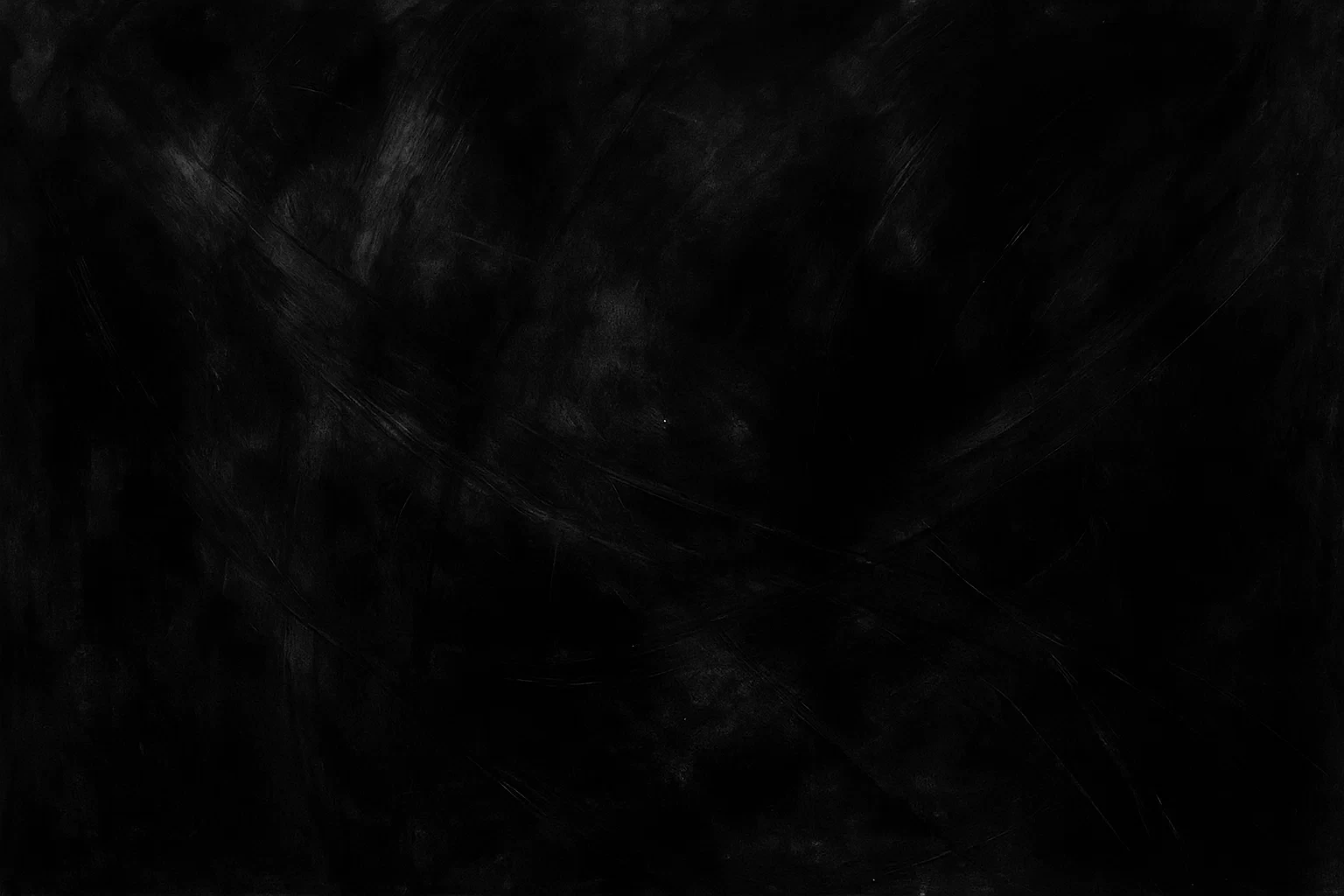Speculative Anthropology / Спекулятивная Антропология

Anthropology as a discipline rests upon the unstable terrain of infinite questioning. Unlike those sciences that organize themselves around profound questions: biology around the enigma of life, physics around the architecture of matter, or history, once upon a time, around the ideal of narrating the past «as it truly was» — anthropology has persistently resisted reduction to a single foundational inquiry. Attempts to ground it in the question «what is the human?» collapse into the blank wall of biological reductionism and/or metaphysical abstraction. Even if we think about culture, once posited as anthropology’s defining object, has dispersed, appropriated by the neighboring territories of sociology and cultural studies.
Yet this refusal of foundation is not a disciplinary deficit but a constitutive resource. Far from being an umbrella discipline that merely shelters disparate approaches, anthropology might be better described as parasitic: a hyper-ontological apparatus that attaches itself to any reality produced, inhabited, or mediated by human agents. Its object is not «the human» in isolation but the ever-proliferating correlations between humans and worlds, between subject and object, between life forms and infrastructures. To adapt Eugene Tucker’s distinction: where the natural sciences aspire to disclose a «world-in-itself», anthropology remains committed to tracing a «world-for-us», a relational field in which the very terms of reality are negotiated.
«Whatever appears in the world, there will always be an anthropologist who studies it», a professor once told to me over drinks.
The observation holds: whether cryptocurrencies, robotics, neural networks, eco-settlements, squatters, extractive economies in Siberian forests, or ephemeral role-playing communities, each is quickly folded into anthropological inquiry. Yet anthropology thereby never generates intrinsic content. Its analytic substance is always borrowed, always refracted through the other. Its guiding questions are procedural rather than ontological: not «what is?» but «how?»: how do humans and non-humans enter into relations? How are collectives assembled and disassembled? How do rituals, artifacts, and technologies materialize realities? What anthropology interrogates is less meaning than the generative mechanisms of world-assembly. Anthropology is thus a discipline of reflexive recursion — a kind of epistemic Ouroboros. In studying the human, it studies itself as one of the human’s products. Reflexivity here is not an auxiliary method but the very condition of its operation: a self-referential loop without exteriority. This renders anthropology a profoundly correlational science, wherein being is accessible only through its relations to human, and at times non-human, modes of consciousness. The very horizon that enables its analyses simultaneously circumscribes them.
The so-called «ontological turn» modified the field less than its rhetoric suggested. By expanding the range of subjects to include non-humans, it added to anthropology’s optic, but the underlying gesture remained constant. A genuinely speculative turn would not seek definitive resolution but would embrace the constitutive impossibility of a final answer. Anthropology’s mode of existence is processual: its being is inseparable from becoming. To arrive at closure — to settle the question once and for all — would mean the death of the process, the ossification of thought, the foreclosure of speculation, the triumph of naive realism and total error.
In this sense, anthropology is not a science of «the human» but a science of the infinite becoming of human worlds — their emergences, operations, and dissolutions. It is a machine for the production of questions, not answers. Its vocation is the incessant vibration within the correlationist circle, yet precisely through this restless movement it sketches the contours of that circle and, perhaps, one day, may encounter a fissure through which the radically Other might irrupt.
